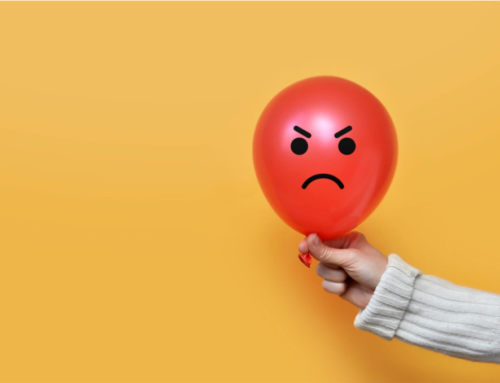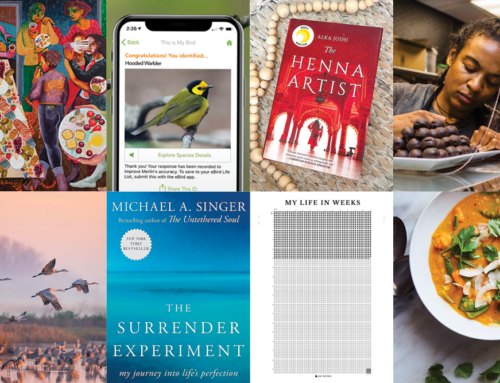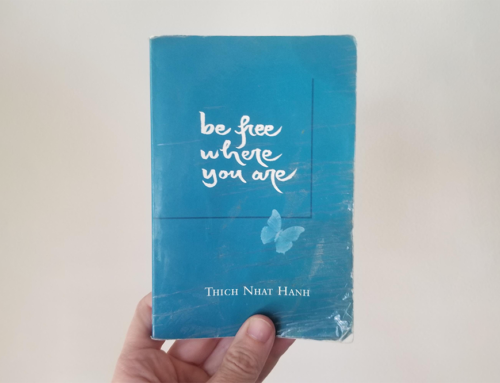I recently came across a Yoga With Adriene video, Grounding Into Gratitude: Root Chakra Yoga, and it ended up being a nourishing delight. Even though the chakras are a whole different system than Chinese Medicine, there is certainly some overlap, and this video got me thinking about how the first chakra is similar to The Kidney in the season of winter (and its corresponding emotion of fear) in Chinese Medicine.
The chakra system originated in ancient India. Chakras are ‘discs’ or ‘wheels’ of energy that ascend the spine and relate to different parts of our emotional and physical wellbeing. The first chakra, or root chakra, is located at the pelvic floor at the base of the spine. Due to its location, this chakra is foundational to everything else, and it is closely tied to the adrenal glands, which are responsible for releasing cortisol, norepinephrine and epinephrine (adrenaline) in response to real (or perceived) danger. This chakra is associated with safety and security, our primal survival instinct, our ‘fight or flight’ response.
This all ties in quite snug with Chinese Medicine and the link between The Kidney and its corresponding emotion of fear in the winter. The Kidney is also the foundation or root of energy. Winter can be a time of abundance if one has enough of what they need: sleep, rest, food, heat, etc. If resources are low in winter, or if The Kidney is depleted, it may also trigger the same ‘fight or flight’ survival reflex. When the Kidney or the first chakra are out of balance, it can manifest as fear, anxiety, insecurity (on an existential level), as well as depletion.
If any of this happens to be ringing any bells for you currently, check out the Yoga by Adriene video for a relatively short, gentle and nourishing practice. It is full of grounding yoga poses, breathwork and affirmations relevant to the first chakra and also uses gratitude as an antidote to feeling scarcity.





